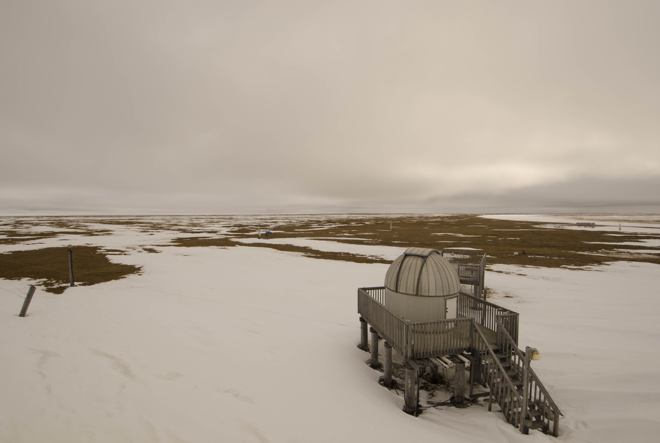By: Renee D. Crain, Arctic Research Support & Logistics Program Manager, Office of Polar Programs, National Science Foundation and Roberto Delgado, Arctic Observing Network Program Director, Office of Polar Programs, National Science Foundation and edited by Jessica Rohde, Web Manager/Communications Officer at IARPC
The Interagency Arctic Research Policy Committee (IARPC) is seeking comment from the public on the newly revised Principles for Conducting Research in the Arctic.
History of the Principles for Conducting Research in the Arctic
In 1990, IARPC developed the Principles for the Conduct of Research in the Arctic (1990) to provide guidance for researchers in the physical, biological, behavioral, health, economic, political, and social sciences and the humanities. The Social Science Task Force of IARPC prepared the document with approval by IARPC on 28 June 1990, and published by IARPC in volume 9, (Spring, 1995, pp.56-57) of the journal "Arctic Research of the United States".

The Process of Revising the Principles
The Principles Revision Working Group undertook a year-long process to update the 1990 version to reflect approaches to collaboration and to be applicable across scientific disciplines. The process included a comprehensive literature review and seeking and receiving diverse input from Alaska Natives, Federal, State, and local agency representatives, and researchers by a variety of methods, including listening sessions at scientific conferences, through a Federal Register Notice, and targeted interviews with Alaska residents and researchers. The revised draft version is now available for comment and has been renamed Principles for Conducting Research in the Arctic, hereafter referred to as the "Principles". The audience for the Principles includes federally-funded researchers and may be useful to academic, federal, state, local, tribal researchers, and other entities conducting research in the Arctic. The Principles will be finalized for approval of the IARPC agencies in fall 2018. The revised Principles are intended to be a deliverable at the Arctic Science Ministerial 2 and to contribute to the discussion in that forum on the ethical conduct of research in the Arctic.
How to Comment on the Principles
IARPC is interested in all comments on the updated Principles document, including the core principles and approaches that researchers are encouraged to adopt across all stages of research. The core Principles for Conducting Research in the Arctic are:
- Be Accountable,
- Establish Effective Two-way Communication,
- Respect Local Culture and Knowledge ,
- Build and Sustain Relationships, and
- Pursue Responsible Environmental Stewardship
Public comments are due by 4 September 2018.
Please submit comments in one of the following ways:
- Submit a comment via email to iarpcprinciples [at] nsf.gov,
- Submit a comment on the IARPC Facebook page,
- Comment through the Federal Register, or
- Contact the working group chairpersons Renee Crain (rcrain [at] nsf.gov) or Roberto Delgado
(robdelga [at] nsf.gov).
What is IARPC?
The IARPC consists of principals from 14 agencies, departments, and offices across the U.S. Federal government and is charged with enhancing both the scientific monitoring of and research on local, regional, and global environmental issues in the Arctic.
In order to connect Federal government and non-Federal government researchers and other stakeholders, IARPC created an open, collaborative platform known as IARPC Collaborations. Open to anyone who can contribute, IARPC Collaborations has realized an unprecedented degree of interagency communication, coordination, and collaboration that has advanced Arctic science. The web platform includes the participation of over 1800 members of the Arctic research community, including those from State, academic, non-governmental, industry, Indigenous, and international organizations. The nine Collaboration Teams meet approximately monthly via teleconference to advance research priorities. Please join the dialog by requesting an account at www.iarpccollaborations.org.
